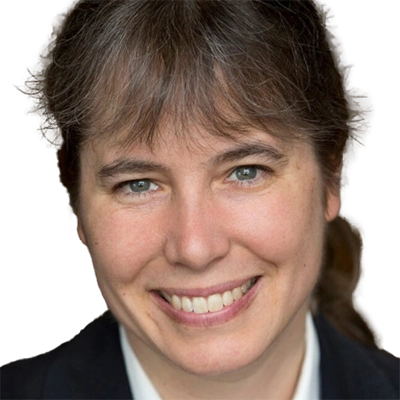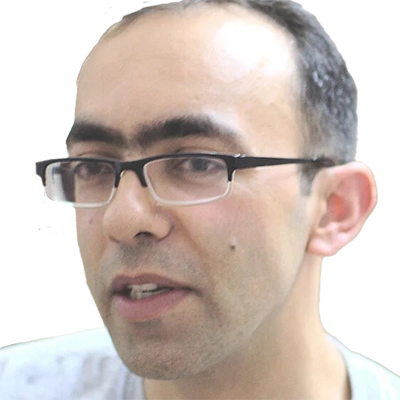A | Foundations of Machine Learning
A1 | Statistical Foundations & Explainability
Research is being conducted at MCML to improve the reliability, interpretability, and acceptability of results obtained with ML algorithms for their practical application through better integration of statistical concepts. Key challenges include the integration of uncertainty quantification into ML algorithms, the explainability of ML models, the simplification of ML methods, and the incorporation of prior knowledge into ML algorithms.
A2 | Mathematical Foundations
Some of the tremendous successes of ML have been achieved through the use of mathematical insights. The contribution of our mathematicians in MCML can be divided into two main research areas: Mathematics for ML, i.e. mathematical principles are used to develop new reliable ML algorithms, and ML for mathematics, i.e. ML is used to advance mathematical research, e.g. in imaging, inverse problems, optimal control, or numerical analysis of partial differential equations.
A3 | Computational Models
Mathematical models and statistical concepts, which are core elements of ML methods, must be reflected by efficient algorithmic implementations. Furthermore, the execution of corresponding algorithms requires a suitable computational infrastructure. Currently, the steady growth of ML applications brings new algorithmic problems and computational challenges that MCML is addressing in this research area.





























